Most schools claim to want to help students reach their potential, but how many actually do it?
Sometimes it takes mess
"80% of what adults say to children are commands," said Mr. Thomas Hobson (often called Teacher Tom) at the "Happiness in Education" conference organized by the Institute for Education Research and Human Resources Development (EDI), TH Group, late last year.
Mr. Tom is a world-famous early childhood education expert and education blogger from the US. After the above statement, he introduces some psychological experiments, thereby suggesting ways of communication to stimulate thinking in children.
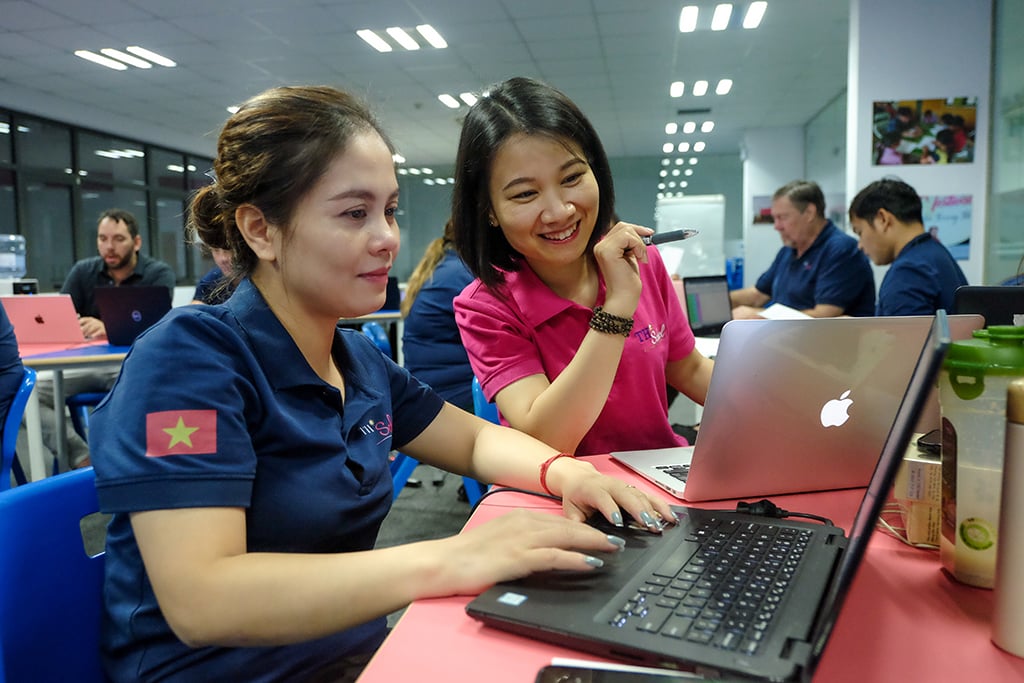
Teachers of TH School System are exchanging expertise
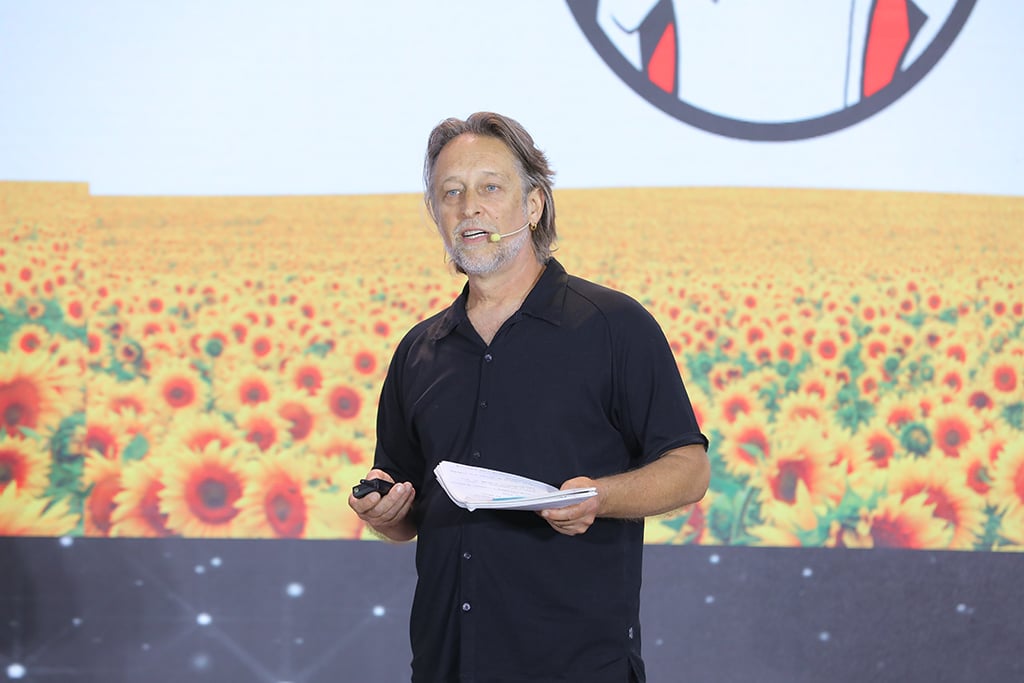
Mr. Thomas Hobson at the workshop “Happiness in Education”
Tom also shared some interesting insights about education, such as that children don’t really need toys, they need opportunities to interact with the real world. Or that in children’s education, arguing is an important part of learning to collaborate with others. Taking risks is necessary for children’s healthy intellectual and social-emotional development. Or that educators must accept that “sometimes it’s okay to get messy” in children’s play and learning…
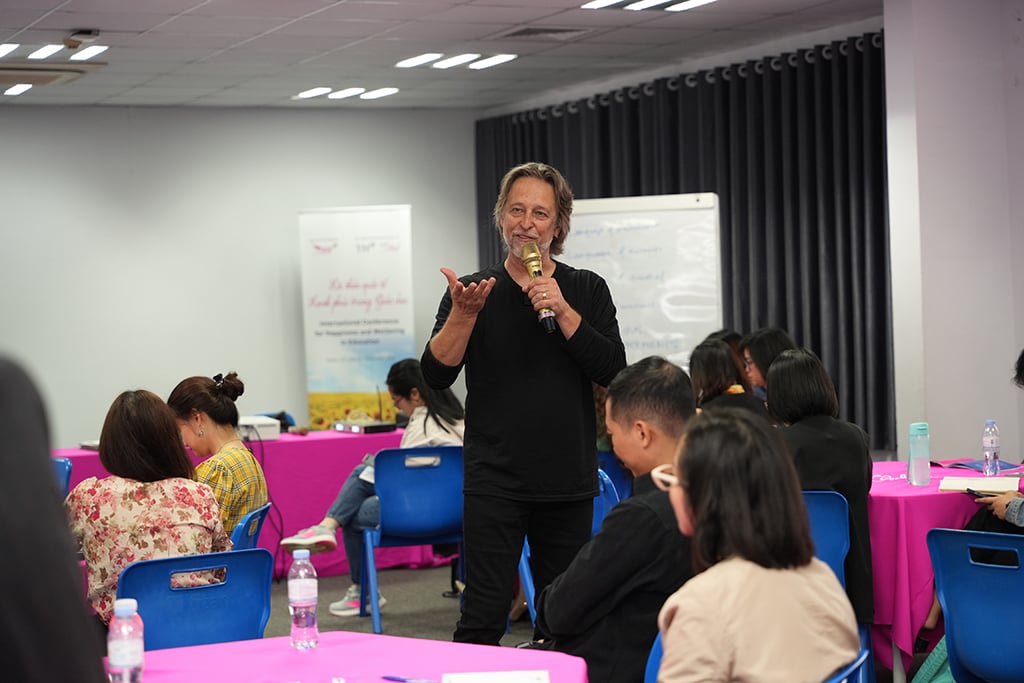
According to Mr. Tom, arguing is an important part of learning how to cooperate with others.
According to Mr. Tom, child-led learning (a play-based education model) helps nurture curiosity, self-motivation, empathy, and purpose in children. Education should focus on provoking curiosity, joy, and community. For him, building a classroom as a community is more important than turning it into a "learning factory."
Other international experts attending the conference shared their views on integrating happiness and personal goals into the educational environment. Renowned educator Martin Skelton, founding advisor of TH School, a renowned educator and co-author of the International Primary Curriculum IPC, said that there are many factors that influence success in the learning process and happiness is one of the important factors.
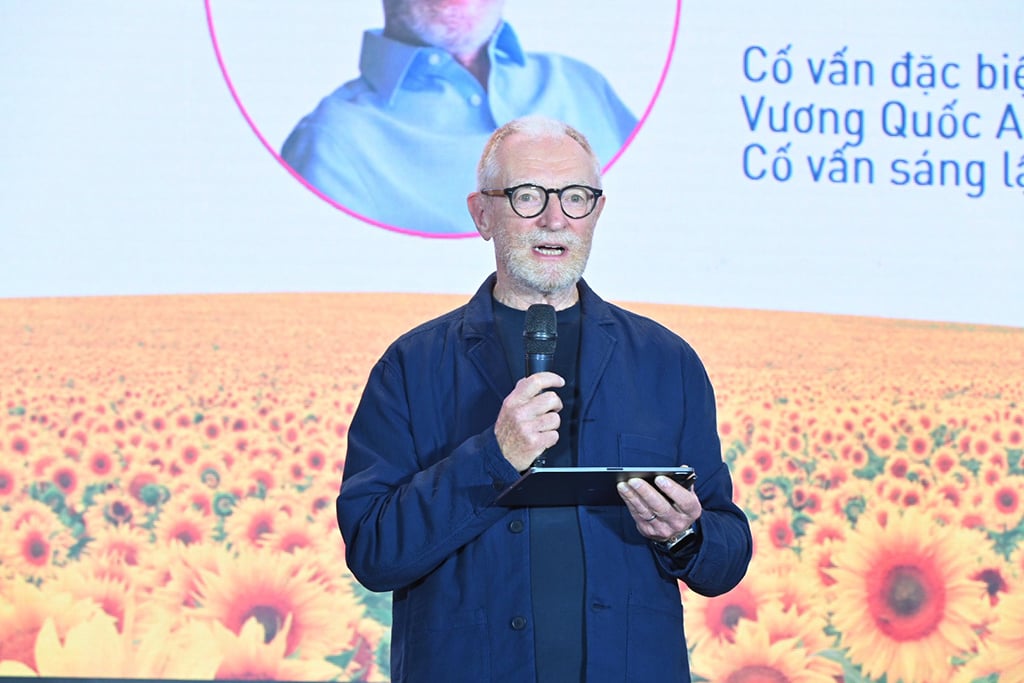
Mr. Martin Skelton, founding advisor of TH School
Good ideas are not enough
According to Professor Yong Zhao (University of Kansas, USA), "true happiness and well-being come from doing meaningful work rather than just learning how to be happy". What education needs to do is to attract students to participate in meaningful and important work, as well as help students develop their unique talents, use those talents to create value for others, thereby achieving a happy and meaningful life.
However, Professor Zhao also worries about the reality that there are many good ideas in education, but in the end the learning environment has not changed much. "Everyone has great statements about education. Or as Mr. Tom said, all parents want their children to be happy. So are they really happy? If the answer is "no", what will we do?", Professor Zhao raised the question.
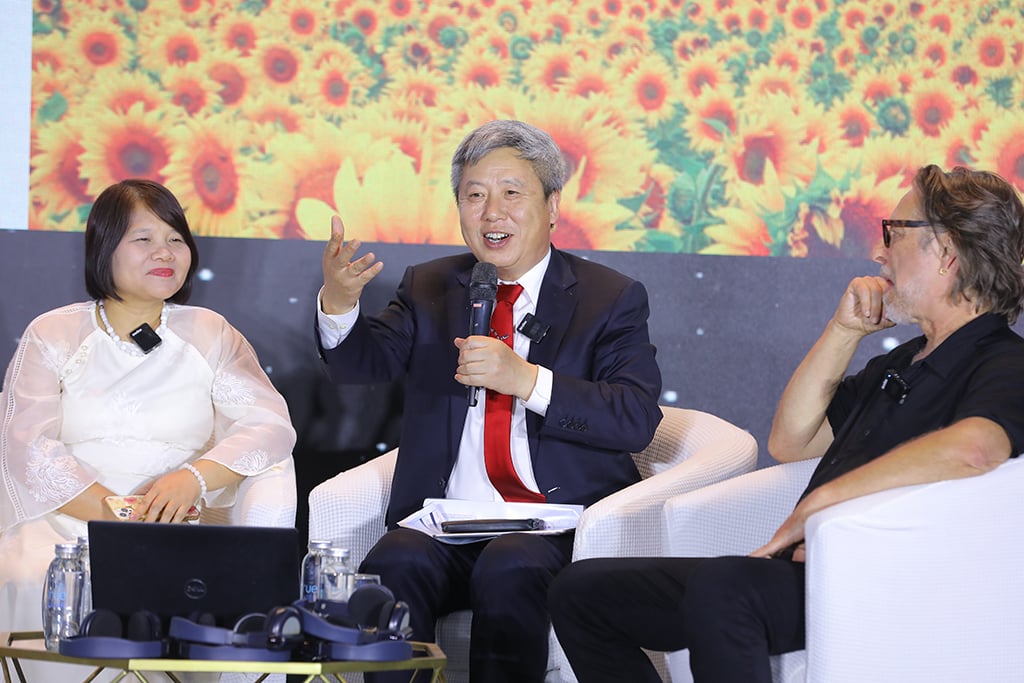
Professor Yong Zhao believes that every child is different, each child is born with their own talents.
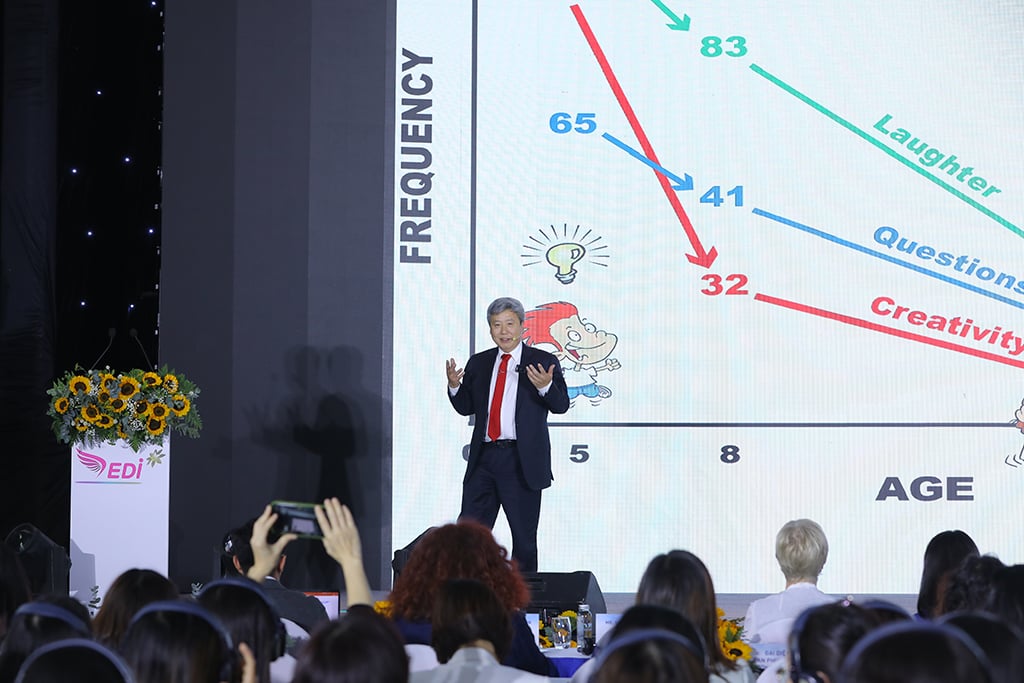
Professor Yong Zhao believes that every child is different, each child is born with their own talents.
The problem with education, he says, is not about coming up with good ideas but about actually delivering on what we promise. “How many schools claim to want to help students reach their potential, but how many actually do it?” Professor Zhao asks.
According to this expert, each child is different, each child is born with their own talents. Therefore, schools should not create a competitive environment, making children jealous and selfish, but should help them realize their own value and potential to contribute to society. True happiness is when each person does something meaningful, has the freedom to choose, and builds relationships to support others. That is the goal that education should aim for.
Mr. Stephen West, Director of EDI, said that the philosophy of happiness in education emphasizes the integration of emotional and psychological happiness into education. In Vietnam, this philosophy is increasingly gaining attention. However, the implementation of the happy school model still faces some challenges such as lack of resources and difficulties in changing the perceptions of some teachers and parents. However, the trend of bringing the happy school model into Vietnamese education is growing and is expected to bring positive changes, helping students not only succeed in their studies but also develop well emotionally and mentally.
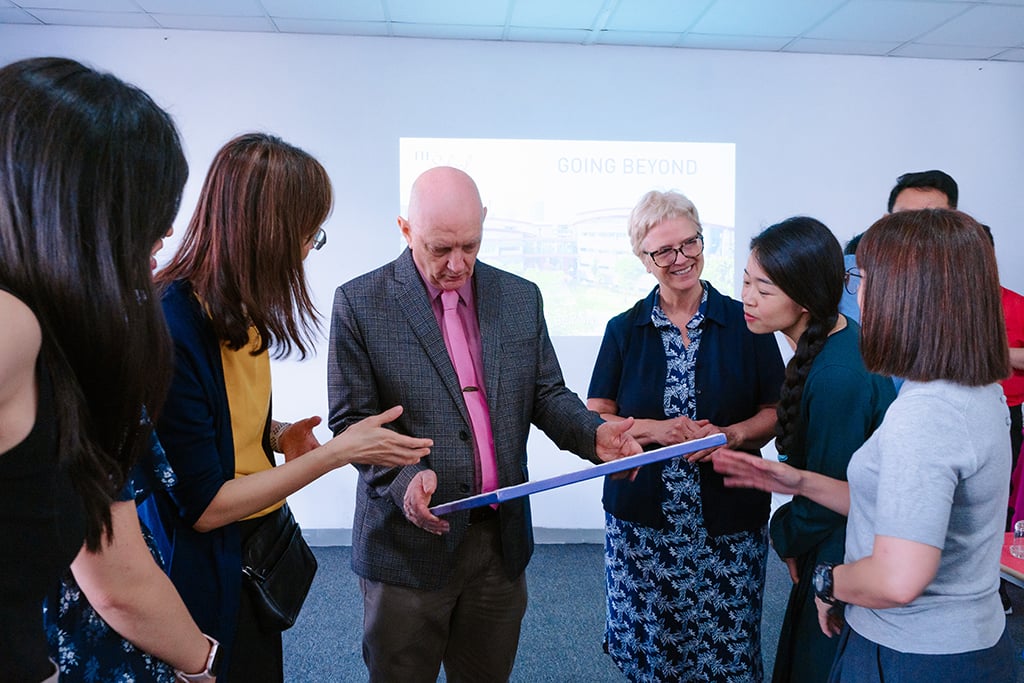
EDI Director Stephen West said the happiness in education philosophy emphasizes integrating emotional and psychological well-being into education.
At TH School, the school has integrated many methods to nurture happiness for students. EDI equips teachers with the tools and strategies needed to build a positive learning environment. "We are delighted to have integrated the philosophy of happiness into our training activities, ensuring that every teacher can enhance the learning experience of students through the joy of learning," said Mr. Stephen West.
Source: https://thanhnien.vn/hoc-cach-cong-tac-tu-tranh-cai-185250306153307201.htm



![[Photo] Summary of parade practice in preparation for the April 30th celebration](https://vstatic.vietnam.vn/vietnam/resource/IMAGE/2025/4/11/78cfee0f2cc045b387ff1a4362b5950f)


![[Photo] Prime Minister Pham Minh Chinh chairs meeting to discuss tax solutions for Vietnam's import and export goods](https://vstatic.vietnam.vn/vietnam/resource/IMAGE/2025/4/10/19b9ed81ca2940b79fb8a0b9ccef539a)
![[Photo] Phuc Tho mulberry season – Sweet fruit from green agriculture](https://vstatic.vietnam.vn/vietnam/resource/IMAGE/2025/4/10/1710a51d63c84a5a92de1b9b4caaf3e5)
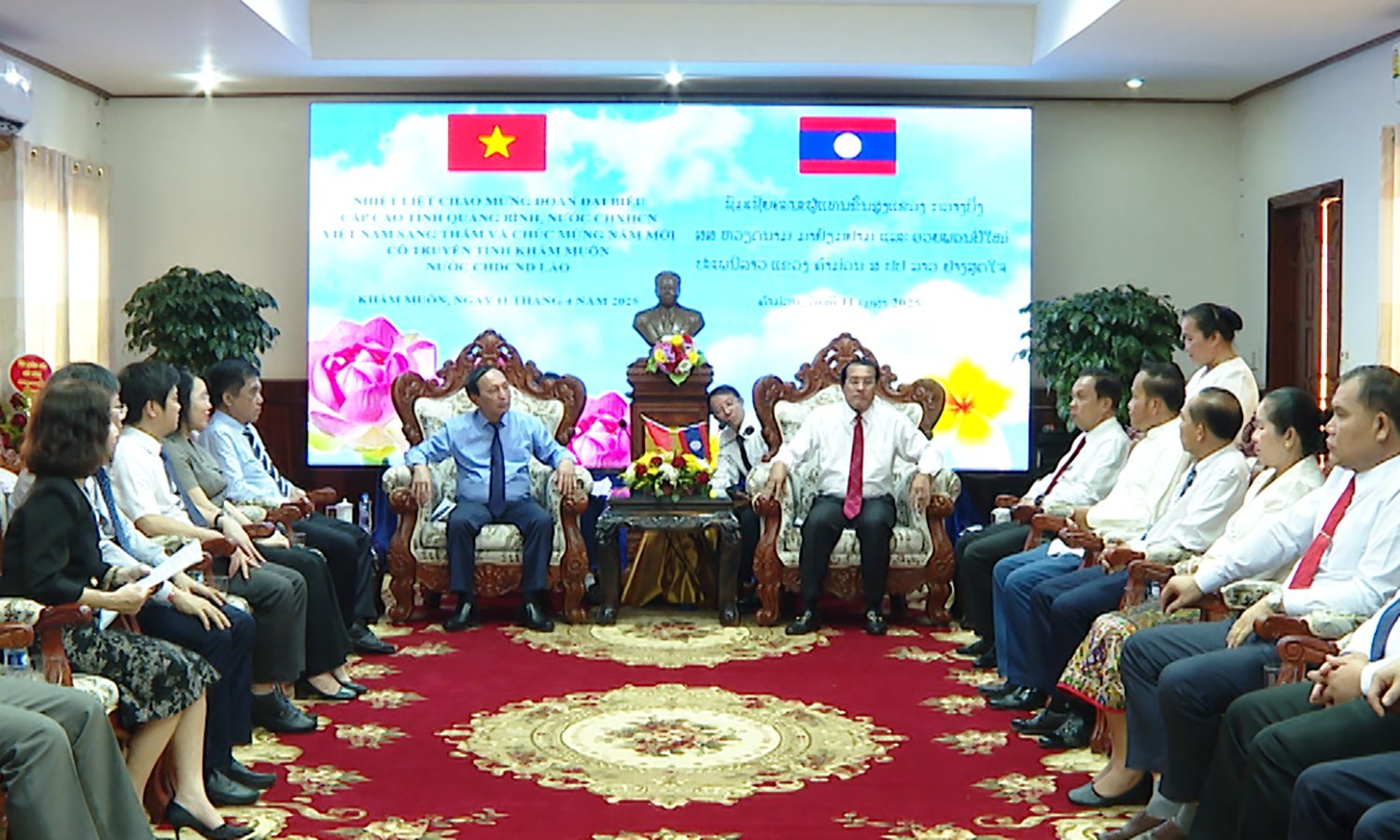



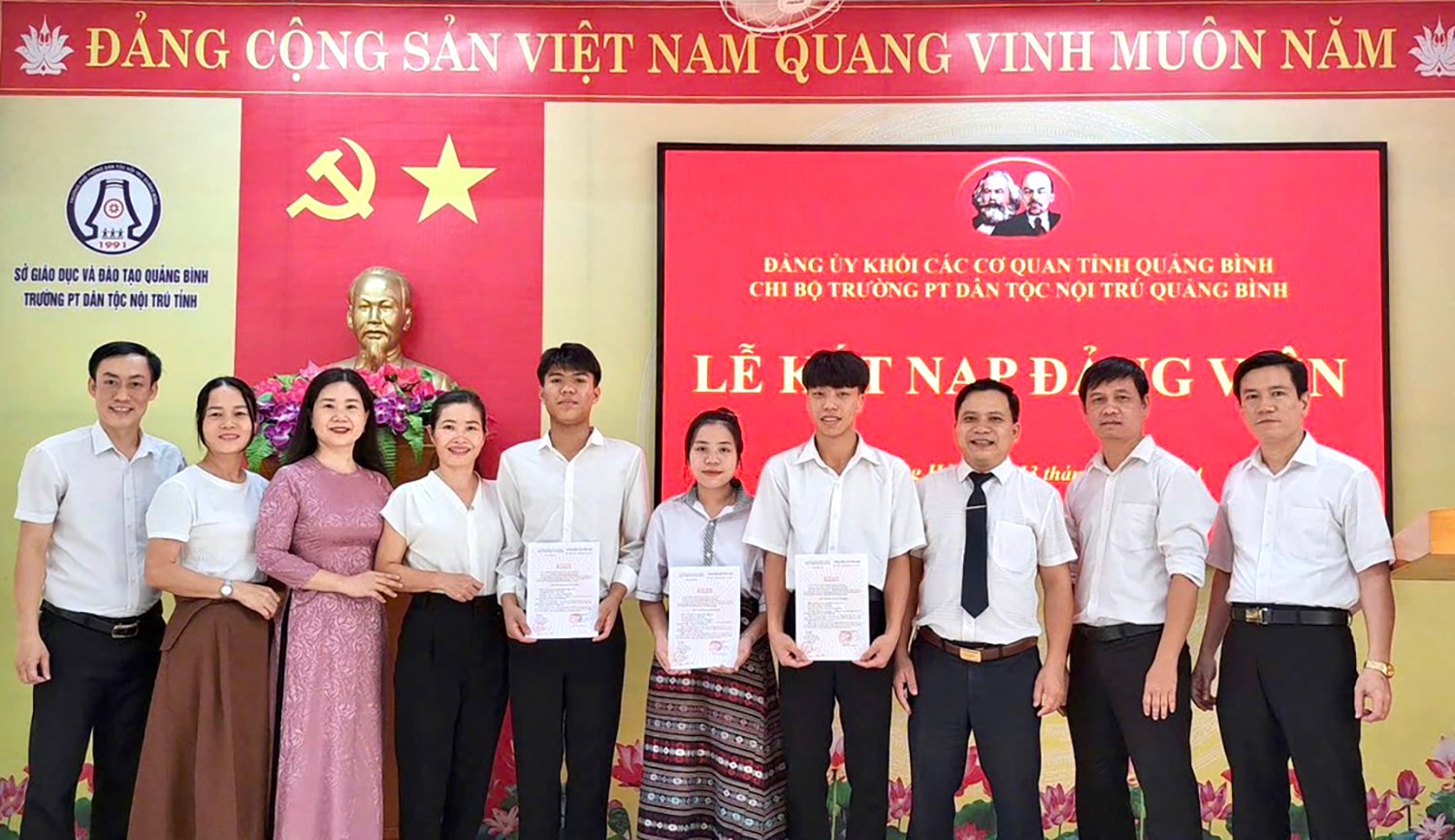

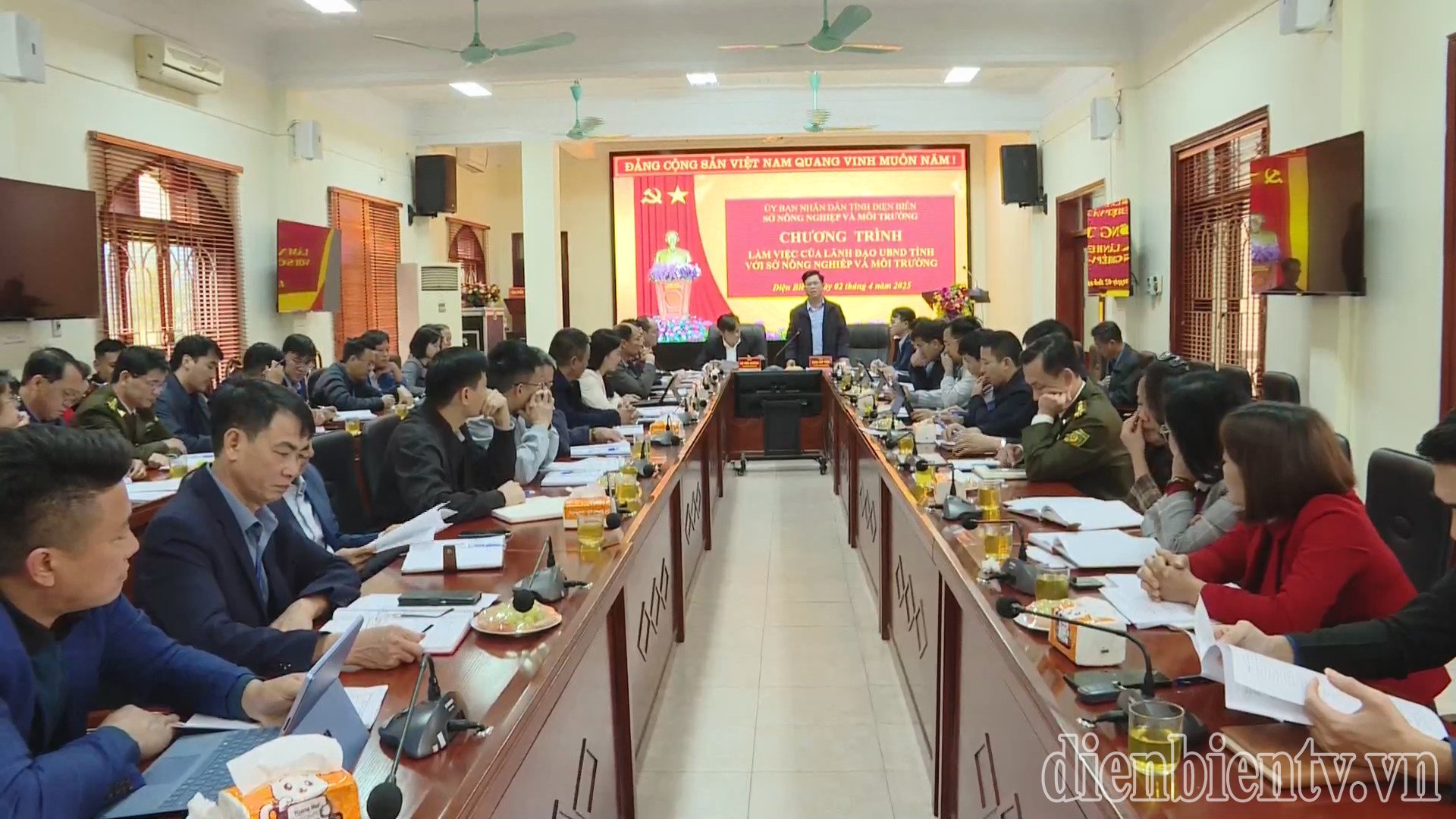
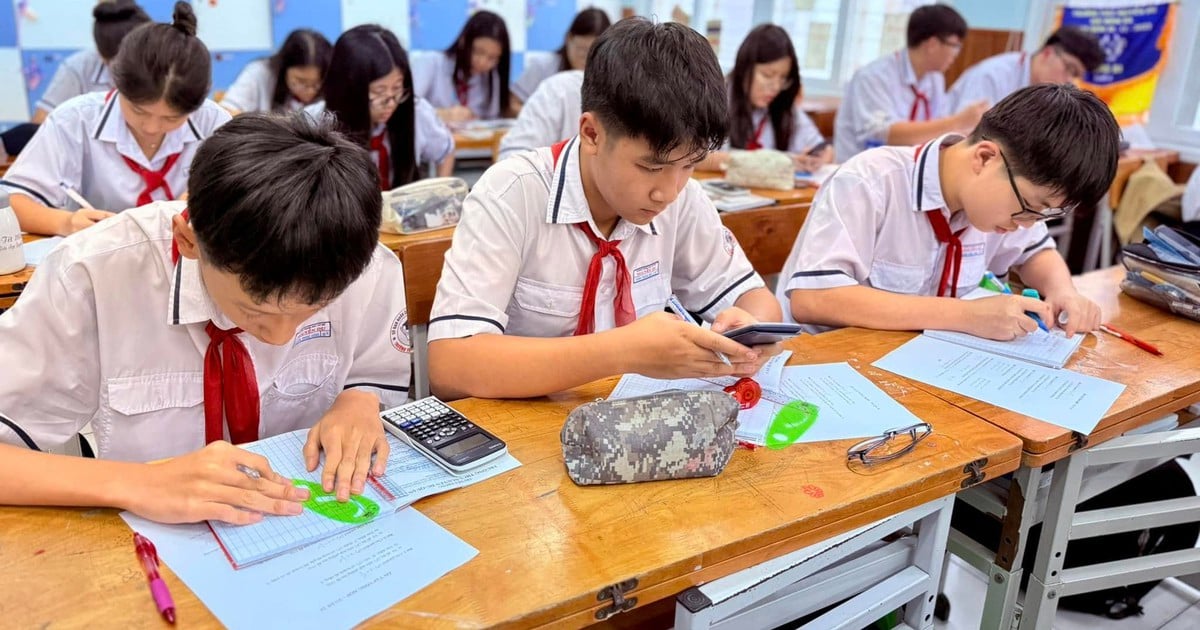
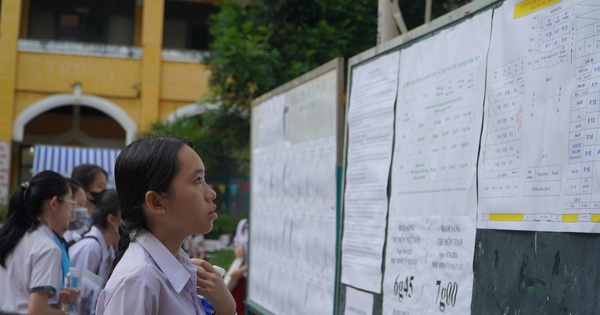
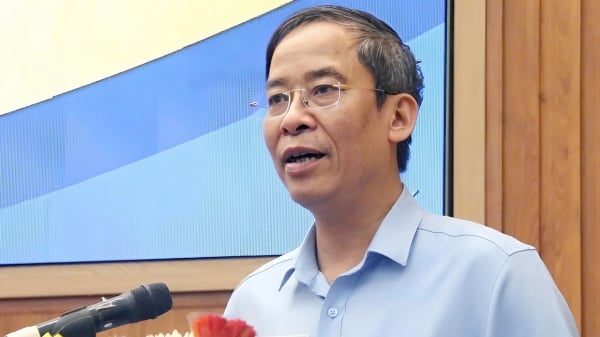
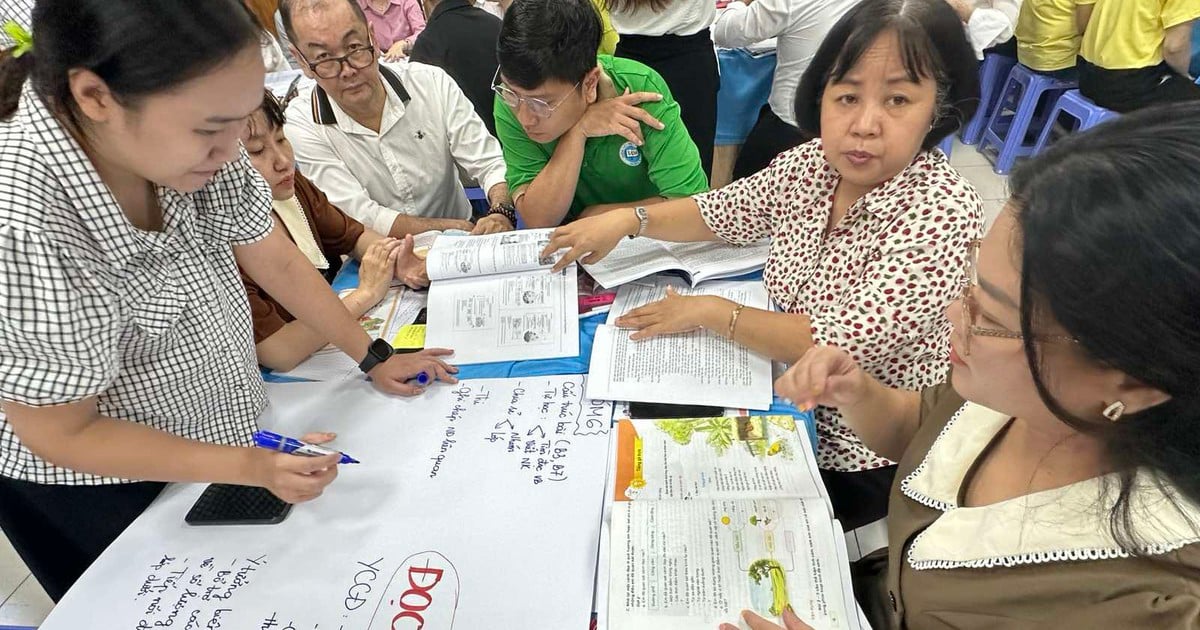
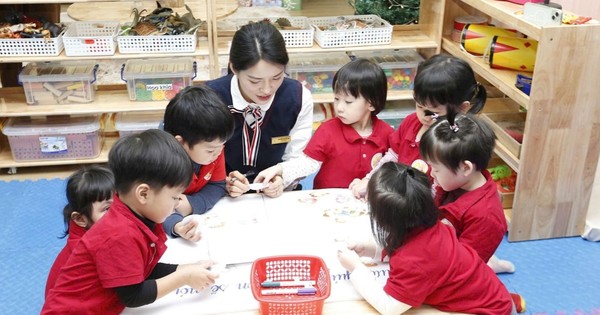
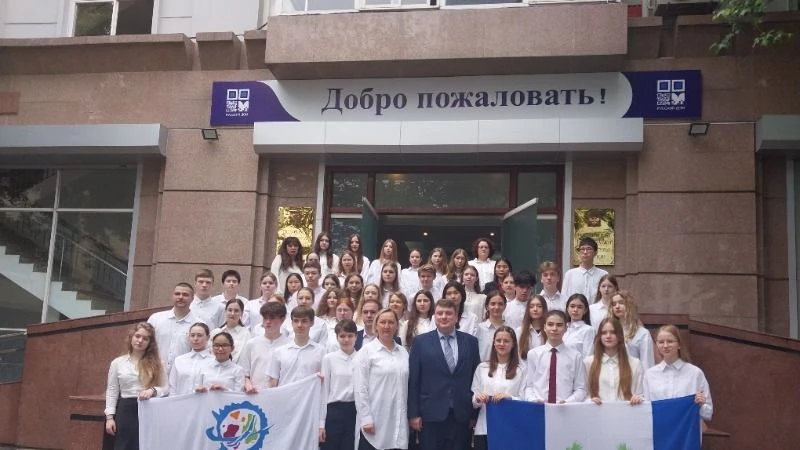




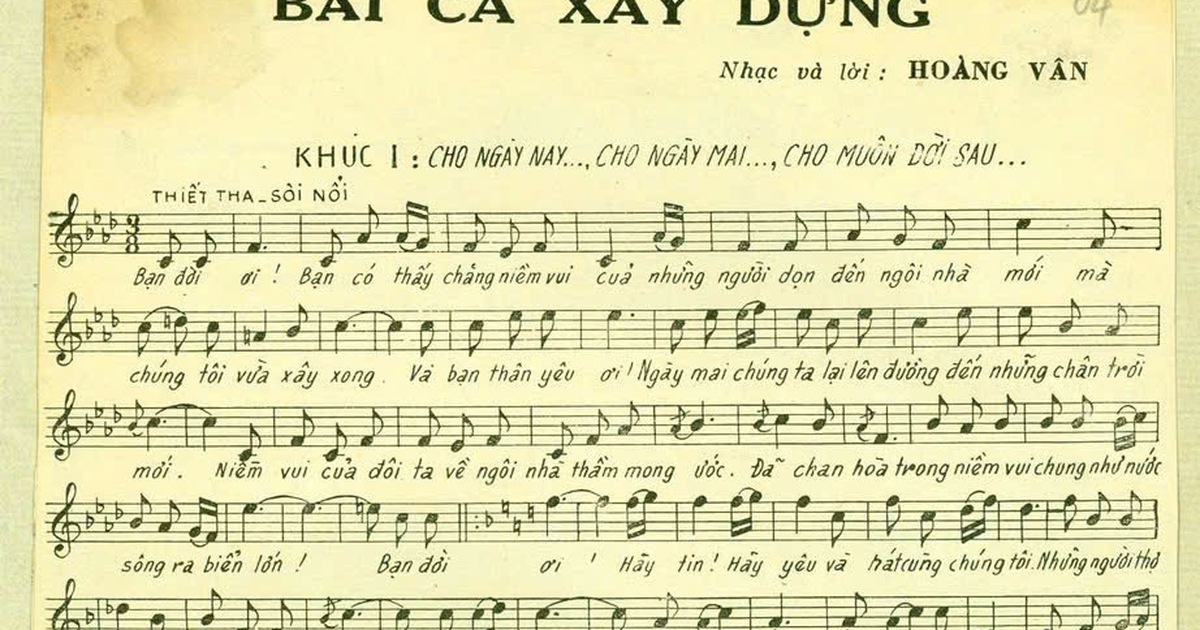


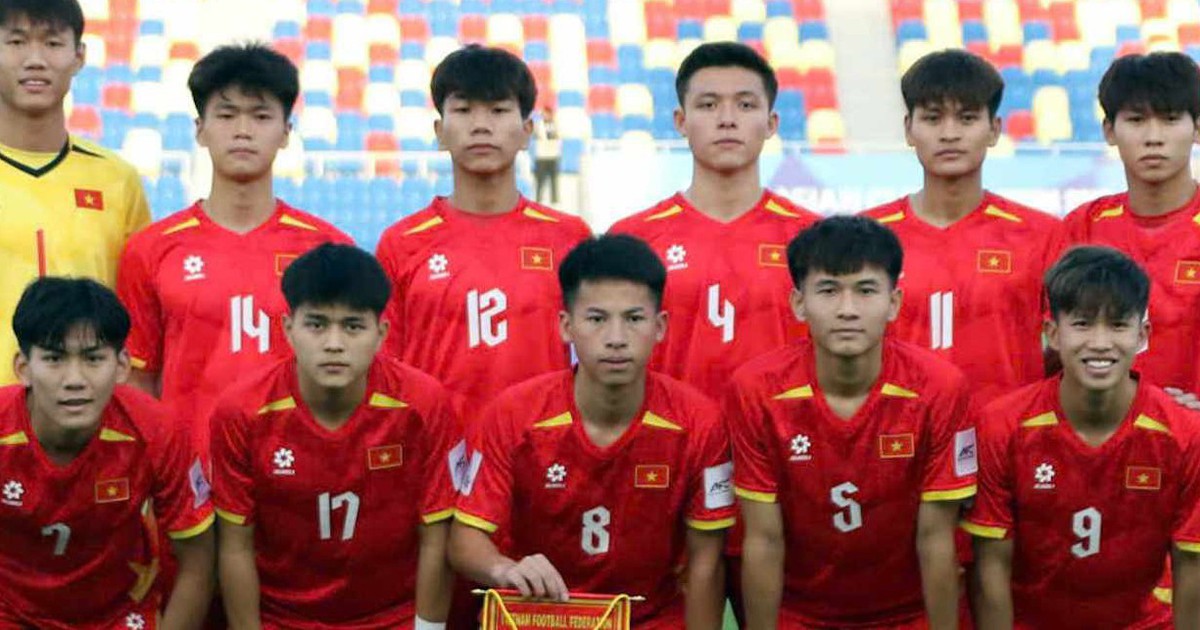
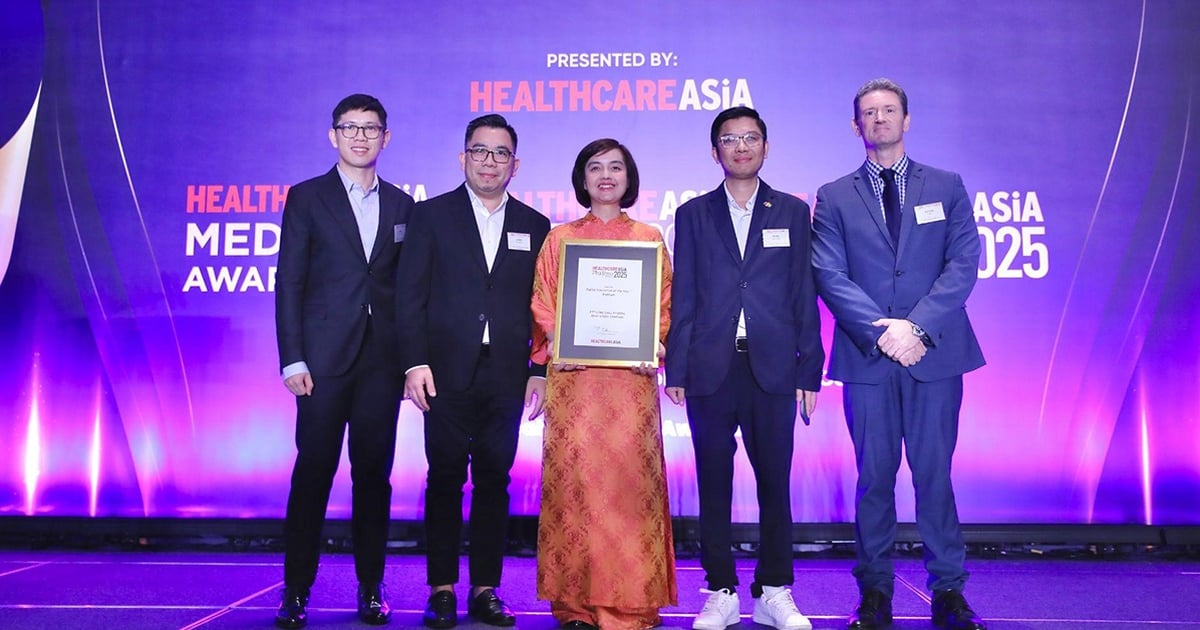






























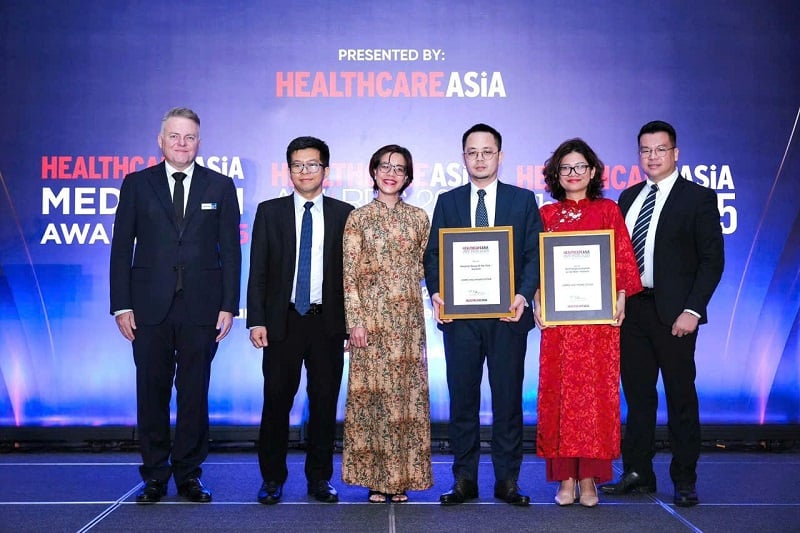







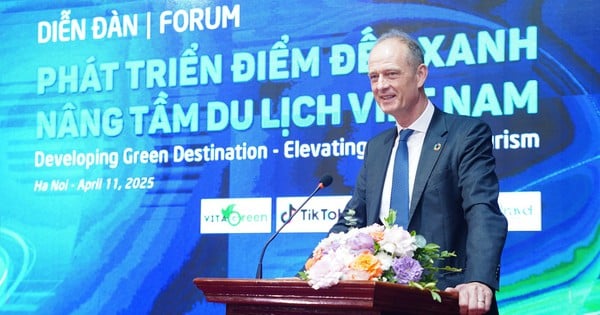






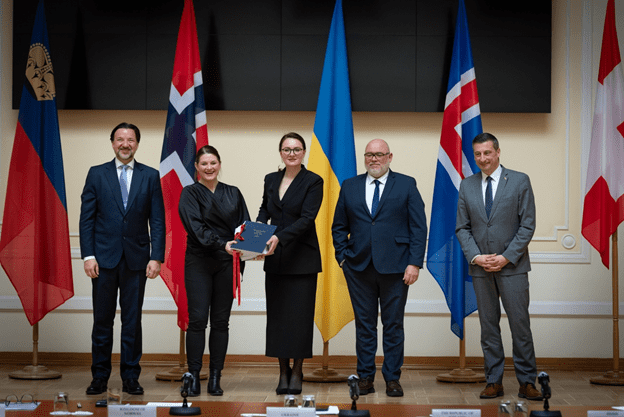
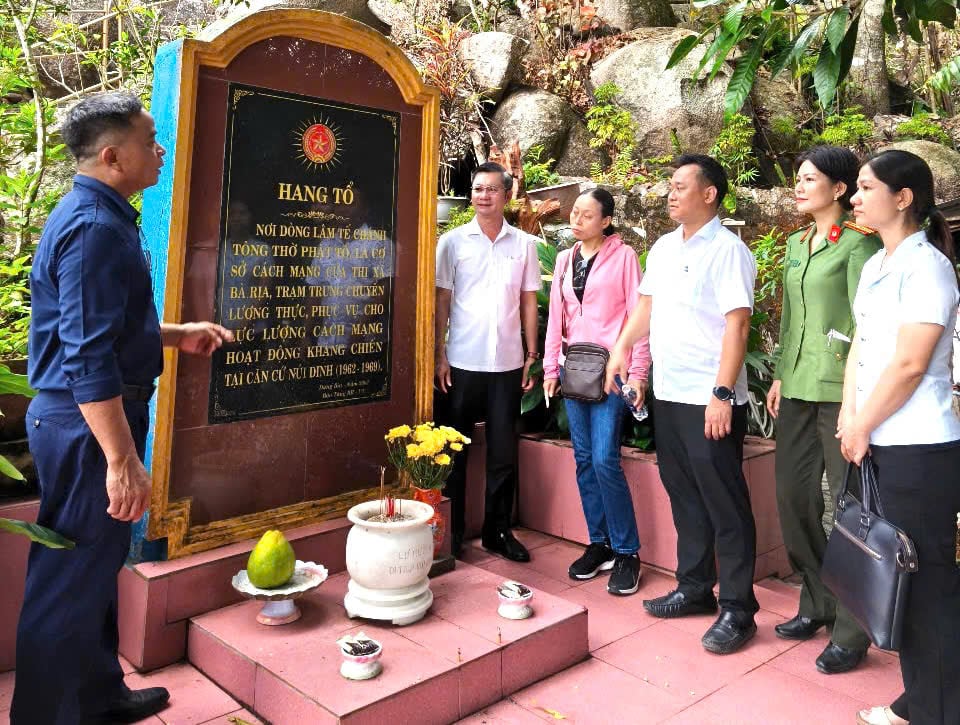

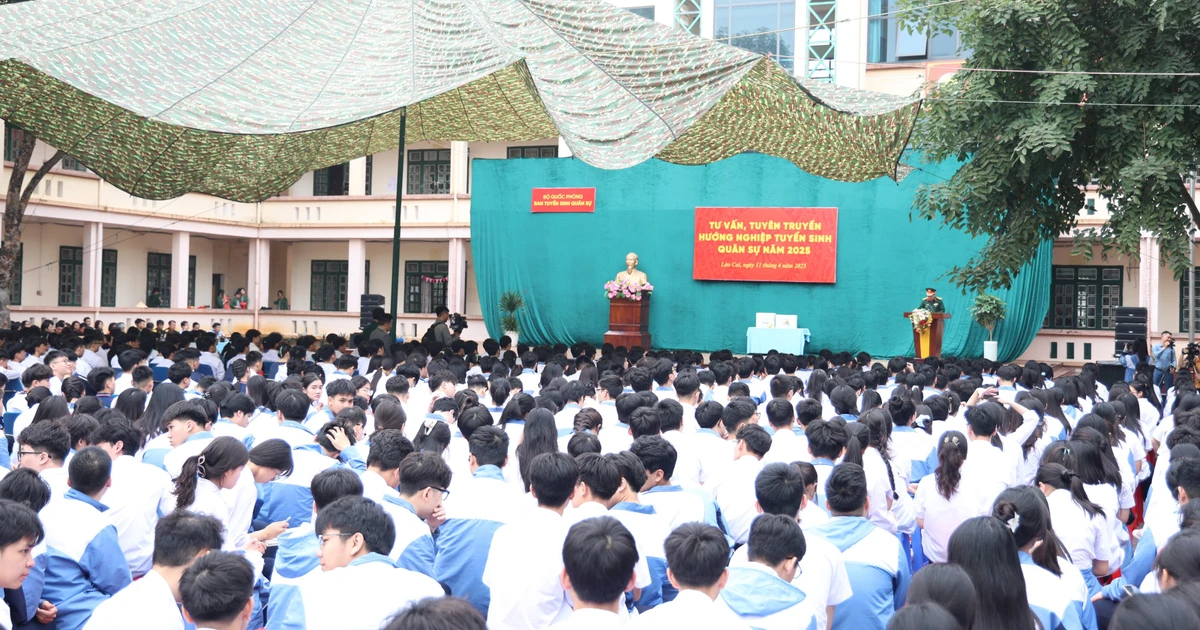



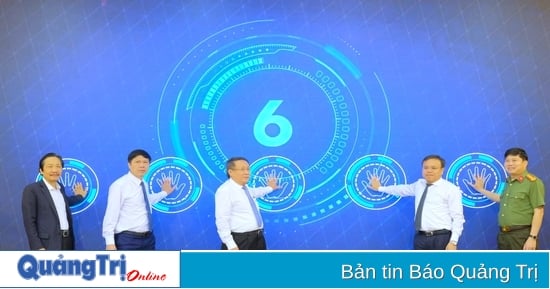
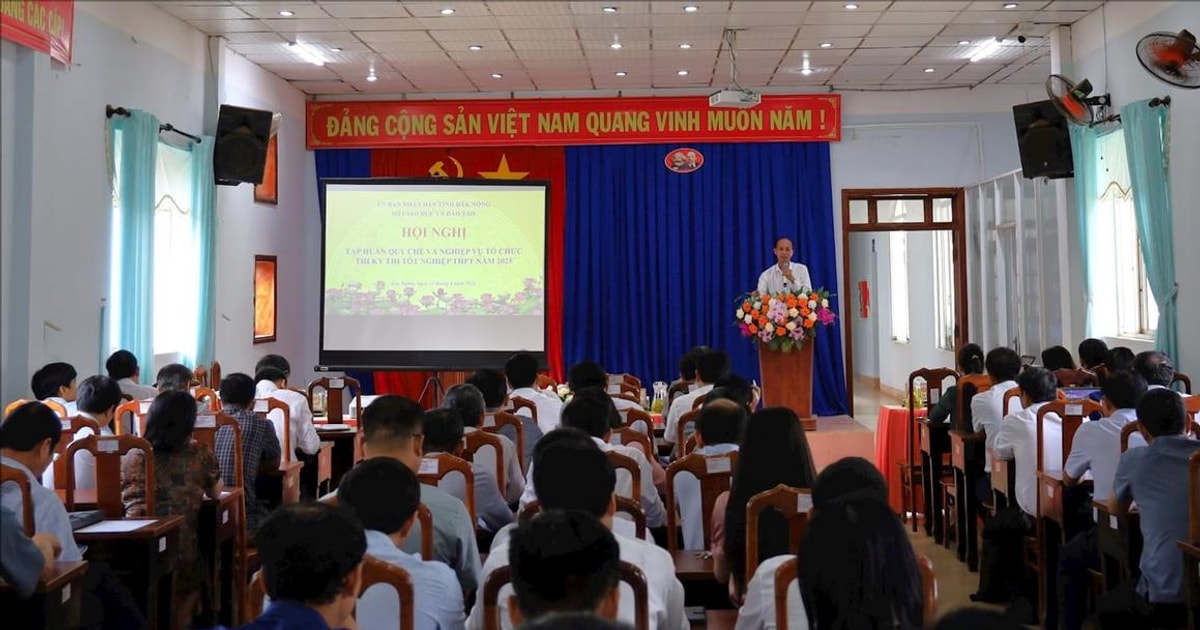

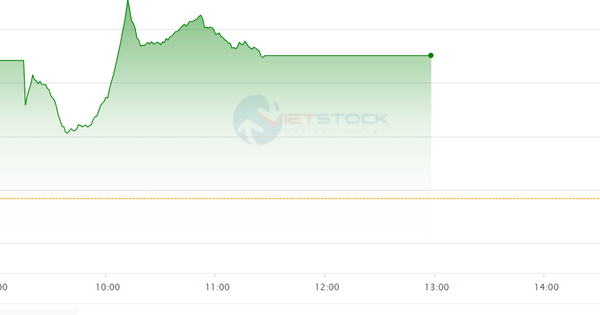









Comment (0)